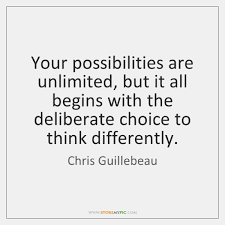Practice Nudgery

Change the context and in turn you can change attitudes and actions. According to Richard Thaler and Cass Sunstein, authors of Nudge: Improving Decisions about Health, Wealth, and Happiness , people “can be greatly influenced by small changes in the context.” In other words, small nudges can lead to big changes The idea of “nudge” is that there is “no such thing as a ‘neutral’ design.” Thaler and Sunstein elaborate on how “choice architects” organize and thus influence the context in which people make decisions. Context does influence behavior. A little push in the “right” direction can have a huge systemic impact. For example, the invisible hand of an honor code nudges people to do the right thing. As important as it is to practice fundamentals you should also practice "nudgery" by implementing a system of standards that encourages people to do the right thing. Nudge: Improving Decisions About Health, Wealth, and Happiness



